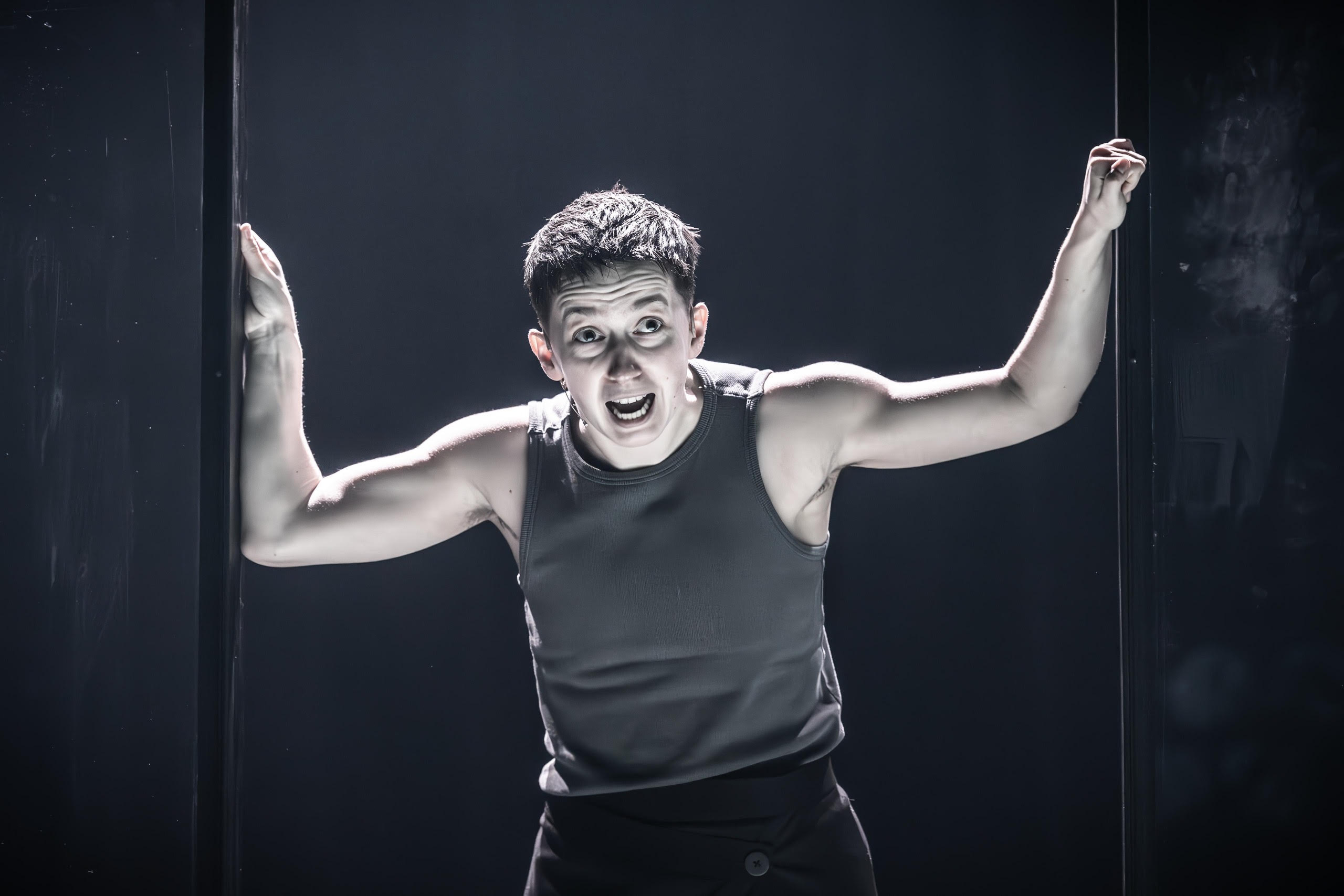Have you got a theatre audition coming up? Check out Ruth O’Dowd’s top tips for auditioning for theatre, from our latest Open House…
Are you waiting for your next audition? Downtime is the perfect opportunity to rework those auditioning muscles. It’s easy as an actor to get caught up in your own head, especially when it comes to auditions, and feedback isn’t always available, or clear!
In our recent Open House, Ruth O’Dowd led our Audition Technique for Theatre workshop. We rounded up a few of Ruth’s top tips for nabbing your next theatre role. Take a read:
Choose your piece wisely
Choosing a piece that you feel confident in performing and have really thought about is essential. Ruth encourages you to pick something energetic, that tells a story within itself, so the people in the room feel that they have been taken on the journey with you. A piece that feels like it is going somewhere, leaving the viewer wanting to know more, even in a short period. Be careful when using film pieces for a stage audition – try not to be influenced by how it was acted for film, as stage is very different.
Pieces that are internalised, or use devices such as talking on the phone, might not translate outwards, and you are trying to connect. So make sure you give yourself the best chance to connect with the people in the room! Whilst comfort with the piece is important, Ruth advises to be careful not to come across as inactive by choosing a piece or setting that doesn’t give you a chance to stretch or show what you can do, as this can really stifle the chance to show what you’ve got to offer.
Unless specified by the people you are meeting, use your own accent in the first instance. It’s one less thing to think about in your audition. And lastly, avoid any distractions such as props.
Pay attention to direction and body language
Think about who the piece is directed to – is it someone in the room? Always ask before directing the piece towards a specific person, and make sure you utilise those interactions to your best advantage.
Try not to do things just for the sake of ‘going big’. Nerves can get the best of you, and can sometimes manifest themselves in restless energy.
Put yourself on tape and watch yourself back.
Try to avoid crossing your arms in an audition – find other ways to convey vulnerability or closed-off qualities in a character. And don’t forget that stillness can also be very effective! Be sure to watch your diction, especially if the style of your piece is conversational. The text is the most important thing, so keep it as precise as possible.
Keep things flexible
It wouldn’t generally be expected of you to be off-book for a theatre audition.
Ruth reminded everyone of the importance of being malleable and adaptable according to what happens in the audition room.
Sometimes, if you know a piece absolutely by heart it can be hard to be adaptable to direction given by the team. It’s always best to leave enough space to play.
Command the room
If you walk into a room and something doesn’t feel right, I guarantee… it’s not you.
Try not to take things too personally – there are so many factors involved in a casting.
Ruth advises to take your time and try not to second guess what a casting professional might be looking for. Be confident in your choices, be bold! Ground yourself first. Command the room. Start strong, draw us in with your body language and energy.
If you choose to sit, instead of stand, it is a perfectly valid choice in many auditions: “We want people to do what they are comfortable with, how they prepared it,” Ruth says. But of course, if you’re asked to stand, be ready to deliver either way.
Silence past comments
You can take things on board and have them in the back of your mind but you shouldn’t think ‘oh god, I can’t do this’ if your instinct tells you otherwise.
It can be hard to move past criticism or comments you’ve received that felt more personal than constructive – you might feel you therefore ‘cannot’ do things a certain way. Try to silence those assumptions about what the casting person is looking for; go with your instinct, make your interpretation of the piece and commit to it.
If you’ve been using the same audition piece for a while and it’s not getting you anywhere, it might be worth shaking things up too. Try and remain open to constructive feedback and stepping outside of your comfort zone.
Make your peace
Auditions may not go your way for lots of reasons, and are often nothing to do with your ability or what you delivered in the room.
Try to make your peace with the way you approached your audition, as long as you are confident that you have done your best. The chances are you still did a great job even without getting the role, and it’s all about being visible and building relationships.
Be remembered for the right reasons
Ruth encourages you to pick a piece “with lightness and darkness to it.” Keep it interesting and remember that the casting team are often meeting people all day, so it can be difficult to feel engaged with pieces describing grim and harrowing acts. Be aware though that you do want to be remembered – and for the best reasons. “Lots of casting directors will have a database of actors they meet”, Ruth says, so chances are you will be remembered in future if you performed well, even if you didn’t get the part this time around.
Do your research – on the part and in life!
When someone walks into the room, I can just tell if they’re well prepared. That I could ask them anything and they would have something to say.
Being prepared and doing the prep is a key trait of actors who do well, Ruth says. It is important to keep reading, keep engaging and be interested and curious in what is going on around you. “I like to create a dialogue… a very open audition room,” Ruth says. So being confident enough to engage in a conversation is important, as it will show you are not just interested in the part, but the wider context, which is as important. Continuing to educate yourself also helps to keep your acting fresh and sharp, even between jobs.
Thank you to Ruth for the wonderful Open House session – you can read more from our sessions here. Keep an eye out for future events at Spotlight, and if you have any questions, drop us an email at questions@spotlight.com.



















